7 Amazing Benefits Of Yellow Tea, According To Science
This humble beverage hides a plethora of wonderful properties behind its plain front.
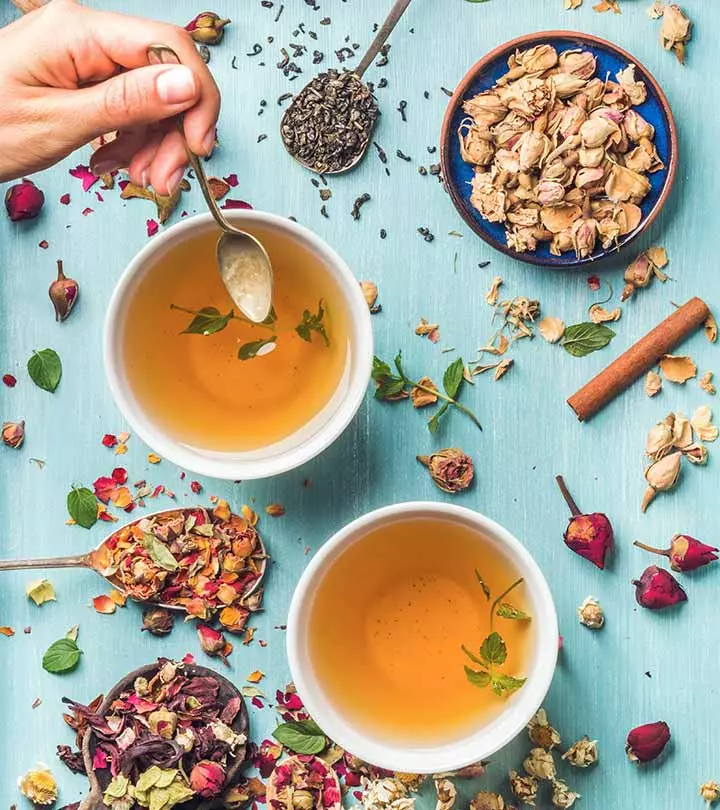
Image: Shutterstock
Yellow tea is an expensive and luxurious tea with a unique aroma. The benefits of yellow tea are gaining attention fast, and some have even been scientifically proven. For instance, it contains polyphenols, which promote heart health (1). Yellow tea is called huángchá in Chinese. It is known for its silky taste and was once treated as a drink only meant for the royal and elite. However, it is available worldwide today. Continue reading and learn more about yellow tea and its benefits.

 Know Your Ingredient: Yellow Tea
Know Your Ingredient: Yellow TeaWhat Is It?
Yellow tea is a micro-fermented tea with a unique silky taste and smell.
What Are Its Benefits?
It has anti-cancer properties and antioxidants that improve digestion and delay aging. It also helps reduce inflammation and regulates blood sugar levels.
Who Can Use It?
Anyone as long as they are not allergic.
How Often?
One can drink up to 3 to 4 glasses every day.
Caution
Pregnant women should avoid, or consume it only after consulting a doctor. Overconsumption may cause nausea, headache, dizziness, or heartburn.
In This Article
What Is Yellow Tea?
Yellow tea comes from the processed leaves of the plant Camellia sinensis. Its process of preparation is similar to that of green tea – with an additional step of encasing and steaming the beverage. This results in a smoother taste than other teas.
The primary aim of making yellow tea is to remove the grassy smell of green tea while preserving the health properties. Yellow tea is available in different varieties, the most popular ones being:
- Junshan yinzhen
- Huoshan huangya
- Beigang maojian
- Da ye qing
- Haimagong cha
Phil, a YouTuber, details the preparation of yellow tea. He relishes the aroma after pouring warm water into the yellow tea leaves and adds, “This is a great profile. The roasting really pops and you get hints of dark chocolate, almost a coffee bean-like aroma (i).” He further says, “This tea is great with sweets. We do often have an after-supper with a cheesecake or with a citrusy dessert. It is a fantastic after-supper tea.”
 Trivia
TriviaYou can pick any of the varieties. All of these contain polyphenols and other important compounds that promote health and wellness by combating oxidative stress and enhancing antioxidant defense. Let’s look at the benefits in detail.
Key Takeaways
- Yellow tea may boost digestion and metabolism.
- It may promote heart health and delay aging as it contains polyphenols.
- It fights against oxidative stress as it has antioxidant properties.
- Yellow tea extracts may lower body mass index and limit weight gain.
How Can Yellow Tea Benefit You?
The polyphenols in yellow tea fight oxidative stress and protect you from heart disease and cancer
. Specific polyphenols can also promote improved blood sugar control and may help diabetes. These are the most important compounds of yellow tea – and they are the reason you should have it every day.
1. Promotes Heart Health

Yellow tea, like almost all tea varieties, contains polyphenols. Polyphenols offer protection against cardiovascular disease. They also boost the antioxidant defense of the endothelial cells, which further promotes heart health (1).
Polyphenols also exhibit anti-inflammatory properties that enhance heart health and prevent inflammation-related heart ailments (like coronary heart disease and myocardial infarctioni Also known as a heart attack, a fatal restriction in the blood supply to the heart muscles. ) (2).
Another important set of compounds in yellow tea are flavanols, which help lower bad cholesterol levels (3).
2. May Prevent Cancer
Yellow tea contains many bioactive compounds that contribute to its anticancer effects. These compounds fight oxidation and inflammation, thereby cutting down cancer risk (4).
The polyphenols in the tea can also exert protective effects against cancer (5). These compounds not only act as antioxidants but also positively influence various cellular mechanisms.
3. Aids Diabetes Treatment

Supplementing with yellow tea was found to ameliorate symptoms associated with type 2 diabetes (6).
Most of the beneficial effects of the tea can be attributed to its polyphenols. The major type of polyphenols in the tea are catechins – EGCG (epigallocatechin gallate) being the most important of them. This catechin was found to help combat obesity and metabolic syndrome in mice studies (7).
Polyphenols can also influence blood glucose levels and control (or even prevent) diabetes complications (8).
4. Promotes Digestive Health
Yellow tea polyphenols also play a role in treating many gastrointestinal issues.
Some such ailments include inflammatory bowel diseasei A spectrum of illnesses that lead to gastrointestinal pain and swelling from chronic inflammation. , acute diarrhea, peptic ulcersi A sore on the lining of the upper gastrointestinal tract due to viral infection or certain medications. , and cancers of the digestive tract (9).
Yellow tea antioxidants also help treat gastric injury caused by inflammation (10).
5. Can Aid Weight Loss

Yellow tea extracts (along with those of green tea) were found to reduce body weight gain and decrease body mass index significantly. The extracts can also increase satiety and energy expenditure during mealtime in obese individuals (6).
In another study, polyphenol intake was inversely associated with body weight and obesity in an elderly population. A greater polyphenol intake can reduce body weight and even cut down the risk of heart disease in the elderly (11).
6. Enhances Liver Health
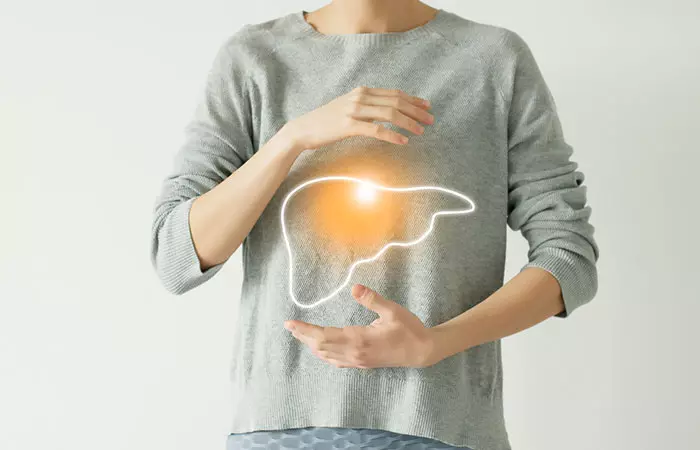
Yellow tea might prevent the formation of fatty liver.
Research also shows that a polyphenol-rich diet can be considered a potential new approach for treating non-alcoholic fatty liver disease (12).
Rodent studies have revealed that polyphenols can reduce the metabolism of fat in the liver – thereby helping treat non-alcoholic fatty liver disease (13).
7. Helps Delay Aging

The polyphenols in yellow tea can offer benefits with respect to aging as well. Polyphenols derived from the leaves of the Camellia sinensis plant are believed to protect the human skin from the signs of photoaging (14). In many animal models, tea polyphenols were also found to inhibit UV-induced skin damage (14).
Other studies have also recognized the photoprotective properties of tea polyphenols – especially those coming from the leaves of Camellia sinensis (15).
The tea polyphenols also combat oxidative stress, which is another major contributor to skin aging (16).
 Fun Fact
Fun FactYellow tea is getting popular by the day. The reasons, as we discussed, are its benefits. Its high polyphenol content makes it a must-have. But, how do you prepare it?
How To Prepare Yellow Tea At Home
Brewing yellow tea is similar to that of most other teas. Make sure you use filtered water in the process.
What You Need
- A teapot
- A teacup
- 1 teaspoon of loose yellow tea leaves
- A kettle
Directions
- Warm the teacup and the teapot with some hot water. Swirl the water around and then discard from the containers.
- Add the tea leaves to the teapot. You may add a teaspoon of tea leaves for every 8 ounces of water.
- Heat water in the kettle until it touches 167oF to 176oF. Remember not to use boiling water – this may damage the flavor of the delicate leaves.
- Pour the hot water (along with the tea leaves) into the teapot and cover with the lid. Allow the tea leaves to steep for 2 to 3 minutes. You can taste the tea every 30 seconds to check if it has attained the desired flavor.
- Drain the tea through a strainer and pour it into the teacup. Enjoy!
- You can use the same set of leaves 3 to 5 times to discover new layers of flavor with each infusion before discarding them. To get the best flavor, try playing around with steeping times and water temperatures until you find what suits your taste the best.
A steaming cup of yellow tea may sound delicious, but does it have any adverse effects?
Side Effects Of Yellow Tea
Although yellow tea is considered safe, it may lead to side effects if taken in excess.
- Yellow tea contains caffeine and having too much of it may cause caffeine toxicity. The symptoms include anxiety, sleep disorders, or cardiovascular problems (17).
- Drinking excess tea can be harmful to those with iron deficiency. Tea contains tannins that may inhibit iron absorption (18).
- Having tea on an empty stomach may irritate the stomach lining (19).
- Yellow tea may cause tooth staining if one consumes it way too often without following proper oral hygiene.
- Those with tea sensitivity may experience allergic reactions like skin irritation, hives, itching, etc.
Infographic: 5 Benefits Of Yellow Tea
Yellow tea is slowly gaining more popularity worldwide due to its several health benefits. It has a high antioxidant and polyphenol content and a more fruity and floral aroma compared to the fresh grass-like aroma of green tea. It is a perfect drink for detoxification and hydration. Check out the infographic below to learn more about the benefits of yellow tea.
Some thing wrong with infographic shortcode. please verify shortcode syntaxThe benefits of yellow tea go beyond its delightful taste. Yellow tea, popular in China, is loaded with polyphenols and is considered an effective natural remedy. These compounds have potent antioxidant properties that promote overall health. Yellow tea may help boost heart, digestive, and liver health. In addition, it may help manage diabetes and weight loss. It is good for your skin due to its anti-aging properties. It is an effective remedy for cancer prevention as it provides oxidative stress relief and relaxation. However, excess intake may cause adverse effects. Should you experience any, stop the intake and seek medical advice.
Frequently Asked Questions
Which is better: yellow tea or green tea?
Yellow tea is better than green tea. It has increased antioxidant activity and contains higher phenolic content than green tea (20), (21). So, even though green tea benefits are impressive, yellow tea offers superior health benefits.
What is the best time to drink yellow tea?
Drinking yellow tea in the afternoon is ideal. It may also help improve the immune system.
How much caffeine does yellow tea have?
One cup of yellow tea has 63 mg of caffeine.
Why is yellow tea rare?
Making yellow tea is time-consuming and requires expertise to achieve the right level of fermentation. In addition, it involves a multiple-day wrapping and steaming process.
Illustration: Amazing Benefits Of Yellow Tea, According To Science
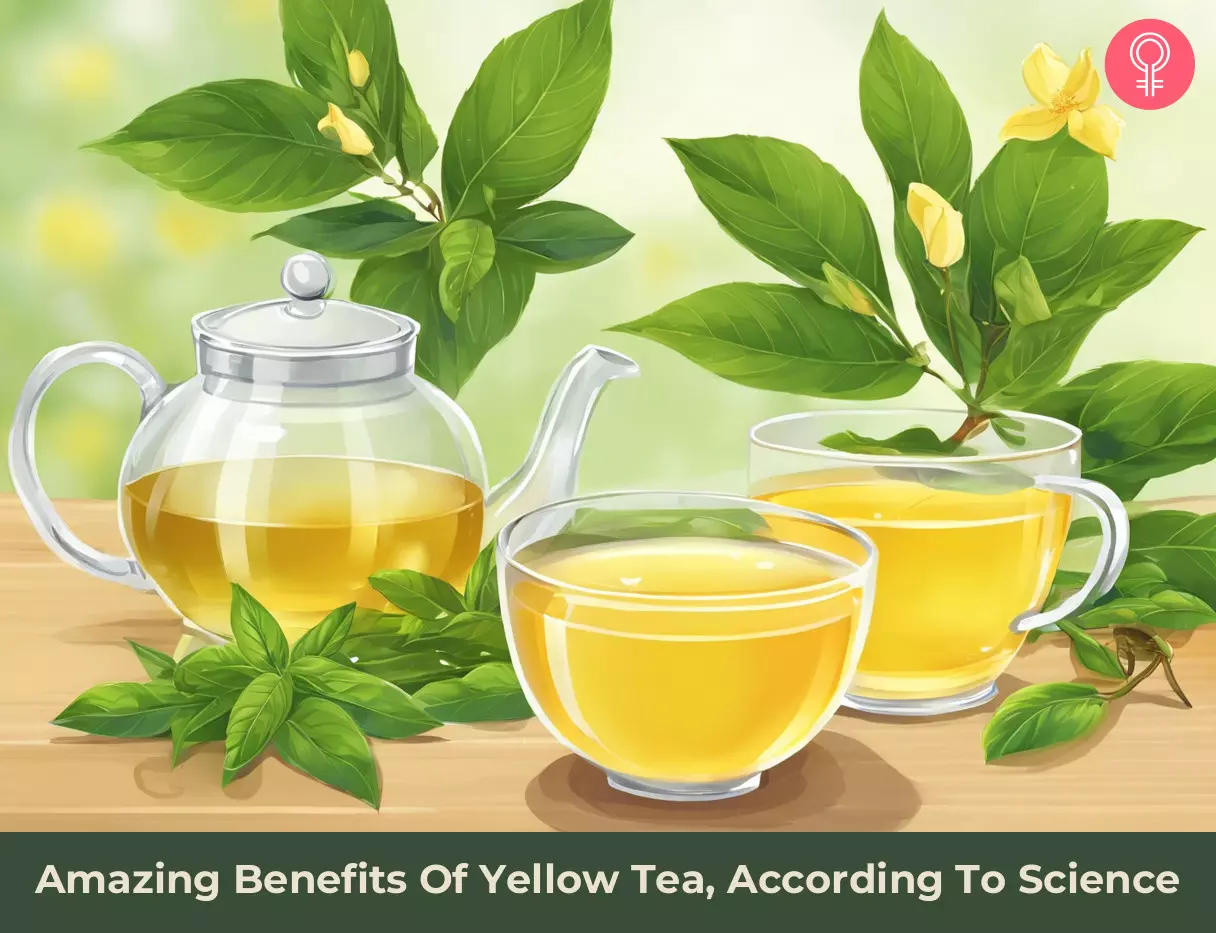
Image: Stable Diffusion/StyleCraze Design Team
Discover the amazing health benefits of drinking yellow tea. Click on this video to learn how this delicious tea can help improve your overall health and well-being.
Personal Experience: Source
StyleCraze's articles are interwoven with authentic personal narratives that provide depth and resonance to our content. Below are the sources of the personal accounts referenced in this article.
i. Yellow Tea Tasting | Huang Da Cha | ZhenTea Sip Alonghttps://www.youtube.com/watch?v=pDeMQQDk210
References
Articles on StyleCraze are backed by verified information from peer-reviewed and academic research papers, reputed organizations, research institutions, and medical associations to ensure accuracy and relevance. Read our editorial policy to learn more.
- “Polyphenols, inflammation, and cardiovascular…” Current Atherosclerosis Reports, US National Library of Medicine.
- “Tea and cardiovascular disease” Pharmacological Research, US National Library of Medicine.
- “Evidence for a protective effect of…” Therapeutic Advances in Chronic Disease, US National Library of Medicine.
- “Yellow tea, a promising Chinese tea…” Food Research International, US National Library of Medicine.
- “Tea and cancer chemoprevention: a…” Asian Pacific Journal of Cancer Prevention.
- “Dietary supplement of large yellow tea…” Nutrients, US National Library of Medicine.
- “Diet supplementation with green tea extract…” Nutrition & Metabolism, US National Library of Medicine.
- “Polyphenols and their effects on diabetes…” Medical Journal of the Islamic Republic of Iran, US National Library of Medicine.
- “Polyphenols and gastrointestinal diseases” Current Opinion on Gastroenterology, US National Library of Medicine.
- “In vivo antioxidative activity of yellow tea…” Spandidos Publications, Experimental and Therapeutic Medicine.
- “Polyphenol levels are inversely correlated with…” Nutrients, US National Library of Medicine.
- “Polyphenols treatment in patients with…” Journal of Translational Internal Medicine, US National Library of Medicine.
- “Green tea polyphenols ameliorate non-alcoholic…” World Journal of Gastroenterology, US National Library of Medicine.
- “Discovering the link between nutrition and skin aging” Dermatoendocrinology, US National Library of Medicine.
- “Protective mechanisms of green tea…” Oxidative Medicine and Cellular Longevity, US National Library of Medicine.
- “Polyphenols and aging” Current Aging Science, US National Library of Medicine
- “The Safety of Ingested Caffeine: A Comprehensive Review” Frontiers in Psychiatry, US National Library of Medicine.
- “Iron absorption and phenolic compounds: importance of different phenolic structures”, European Journal of Clinical Nutrition, US National Library of Medicine.
- “Diet and Nutrition: Temperance in Green Tea”, Environmental Health Perspectives, US National Library of Medicine.
- “Effect of yellowing time on bioactive compounds in yellow tea and their antiproliferative capacity in HepG2 cells”, Food Science & Nutrition.
- “Phenolic Profiles and Antioxidant Activities of 30 Tea Infusions from Green, Black, Oolong, White, Yellow and Dark Teas”, MPDI.
Read full bio of Rachelle Caves
Read full bio of Ravi Teja Tadimalla
Read full bio of Arshiya Syeda
Read full bio of Aparna Mallampalli







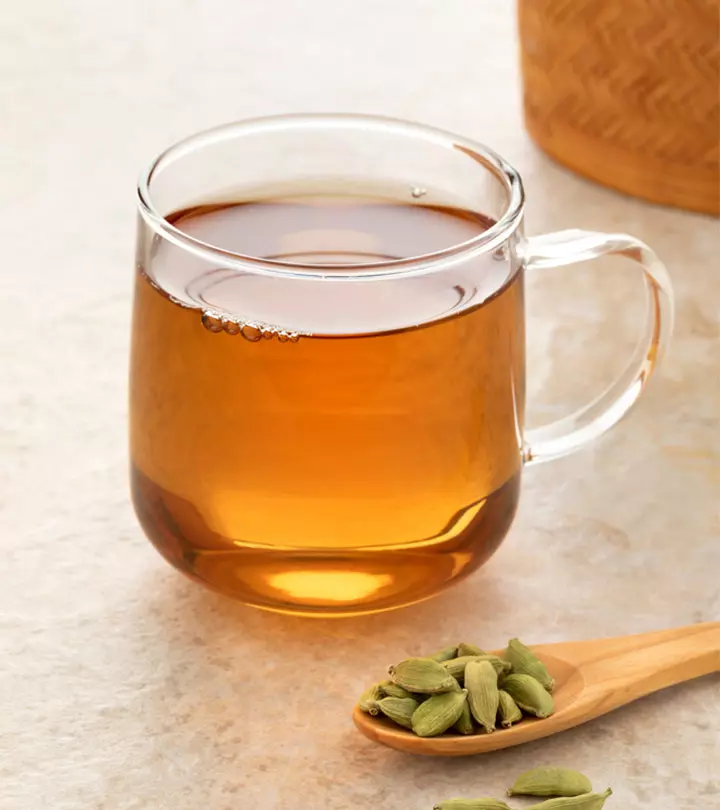

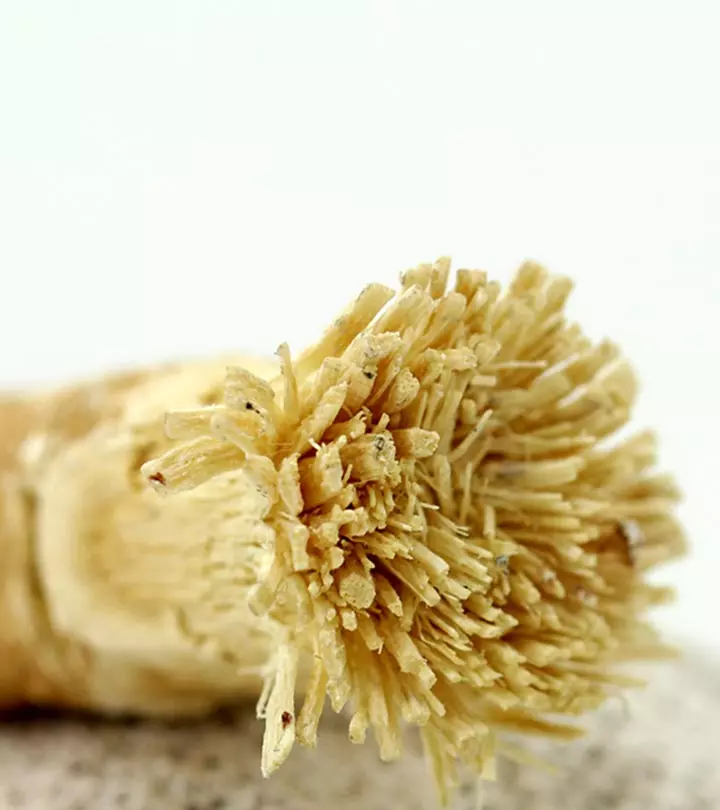

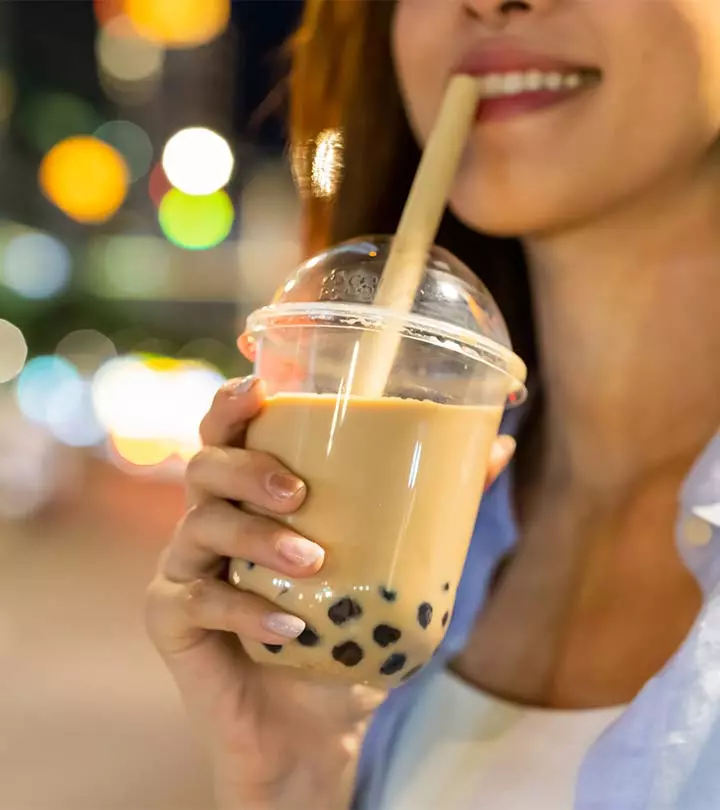

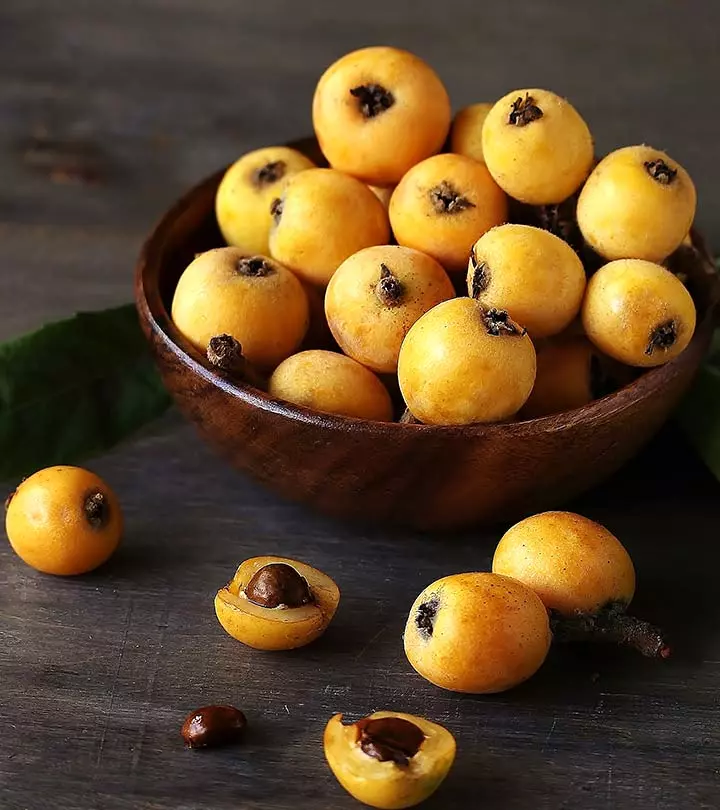
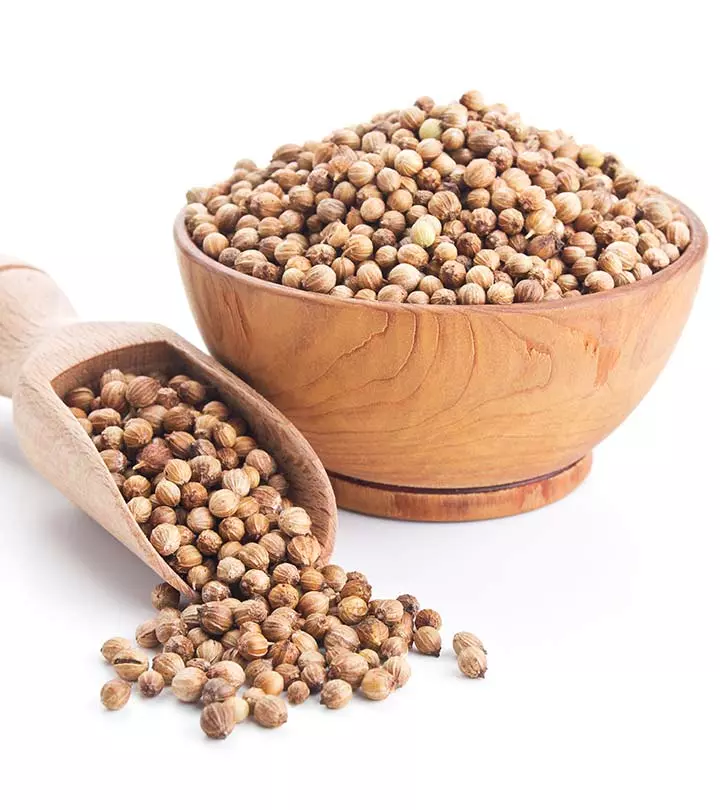
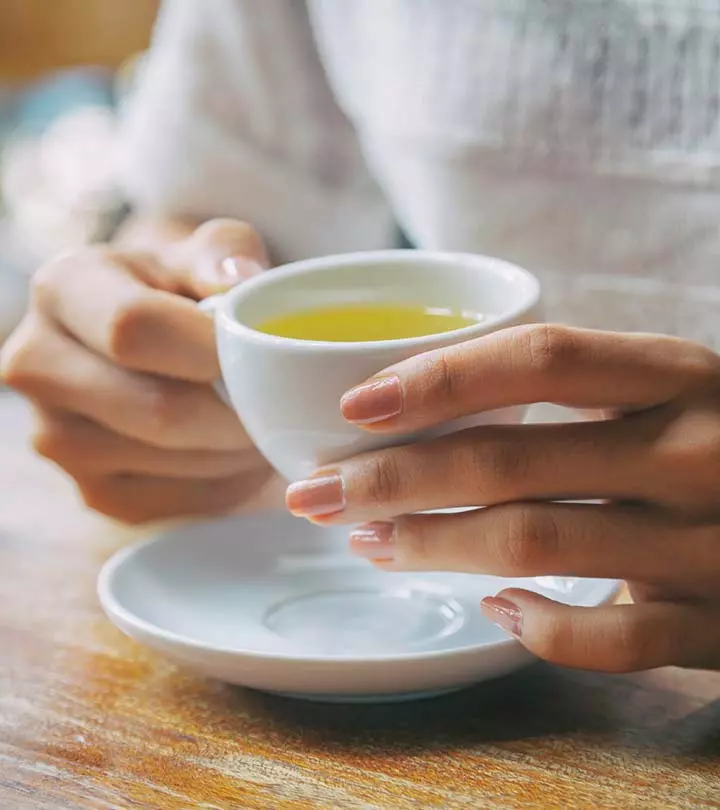

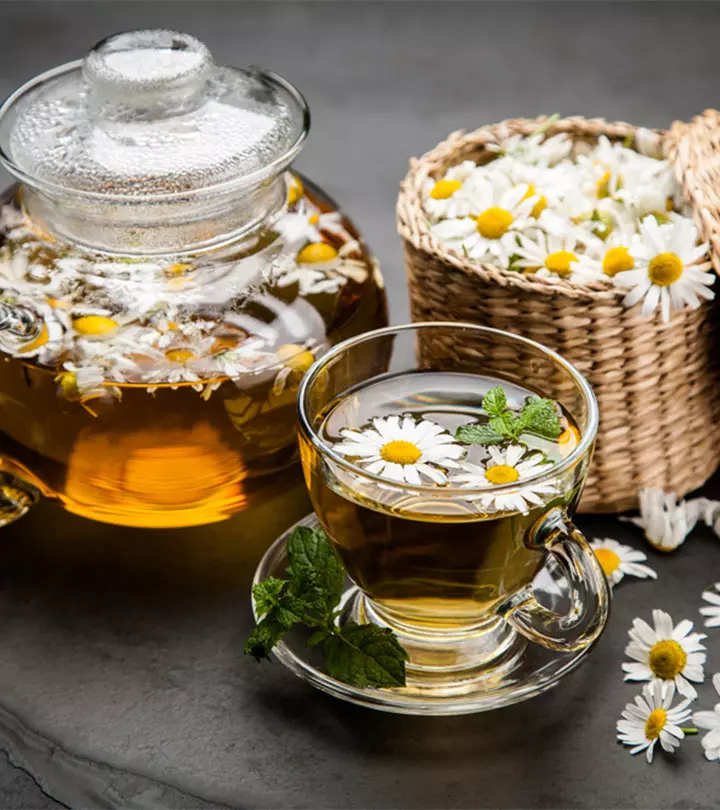
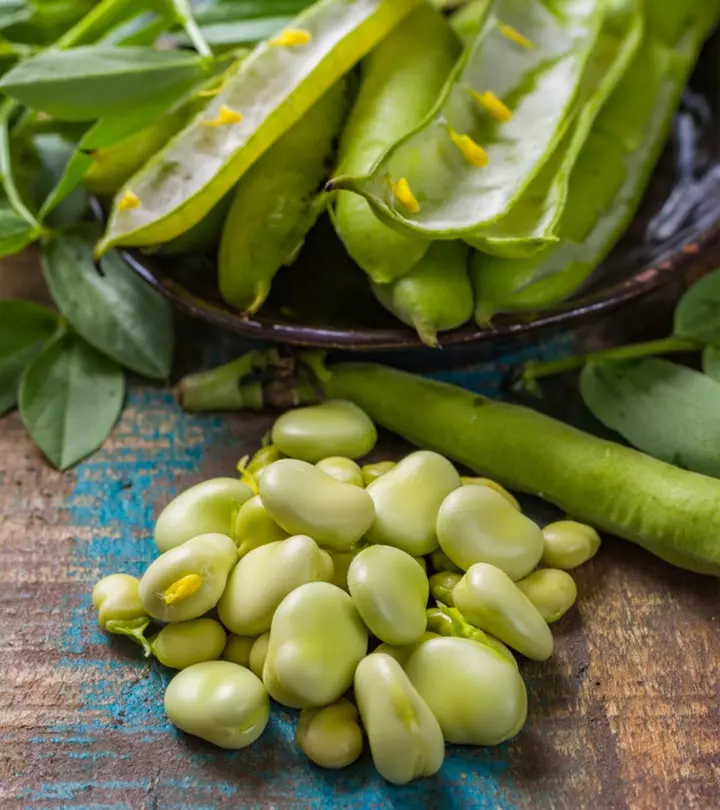
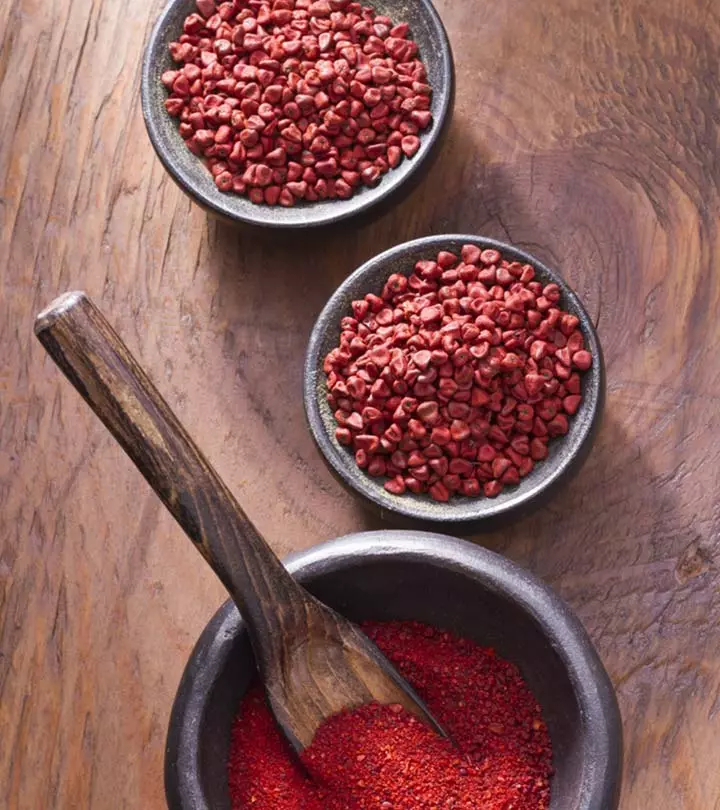
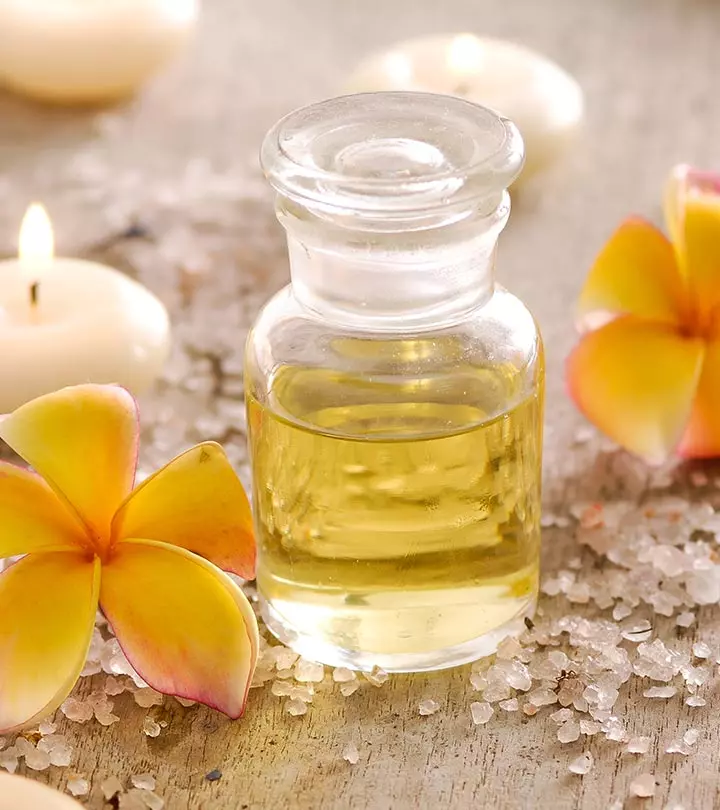
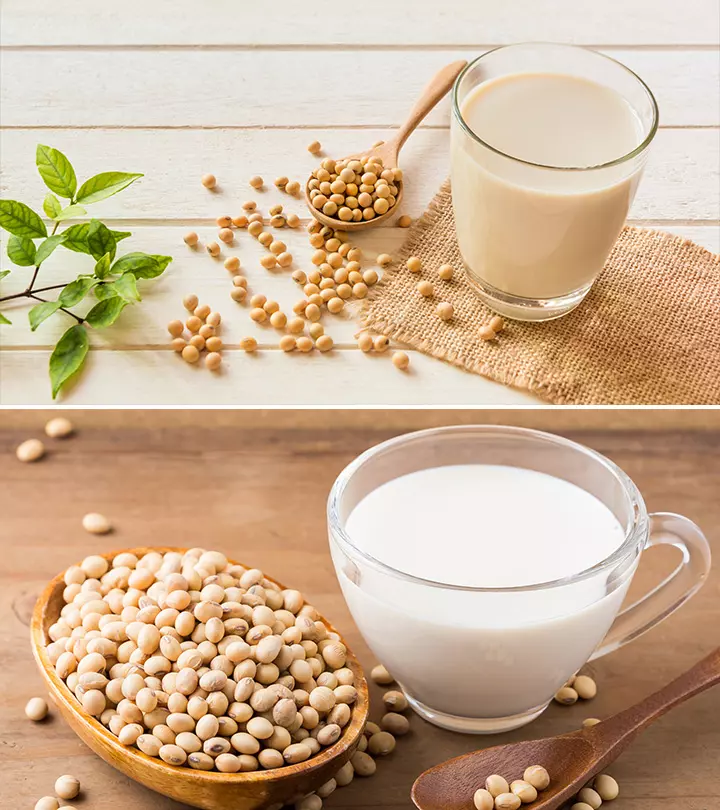
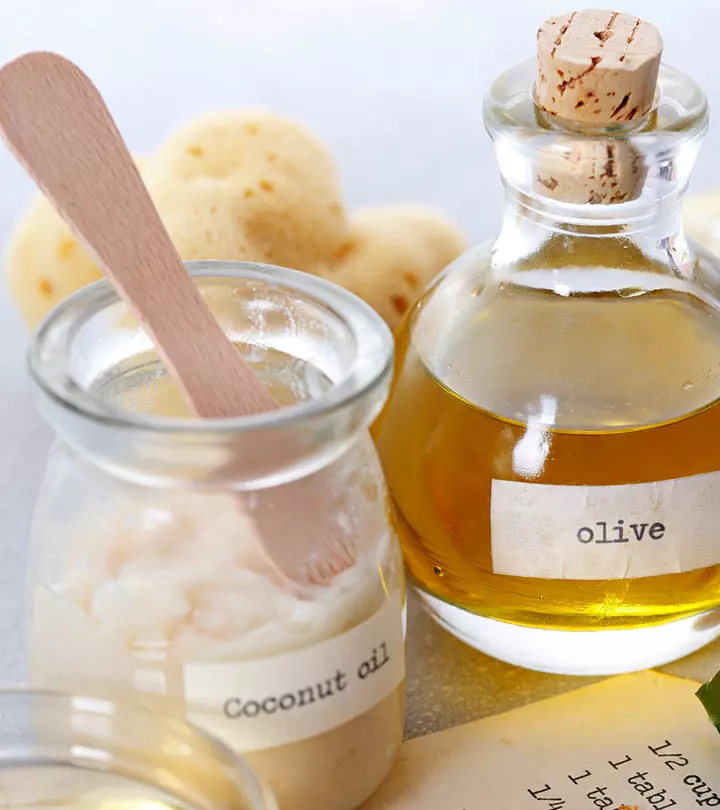
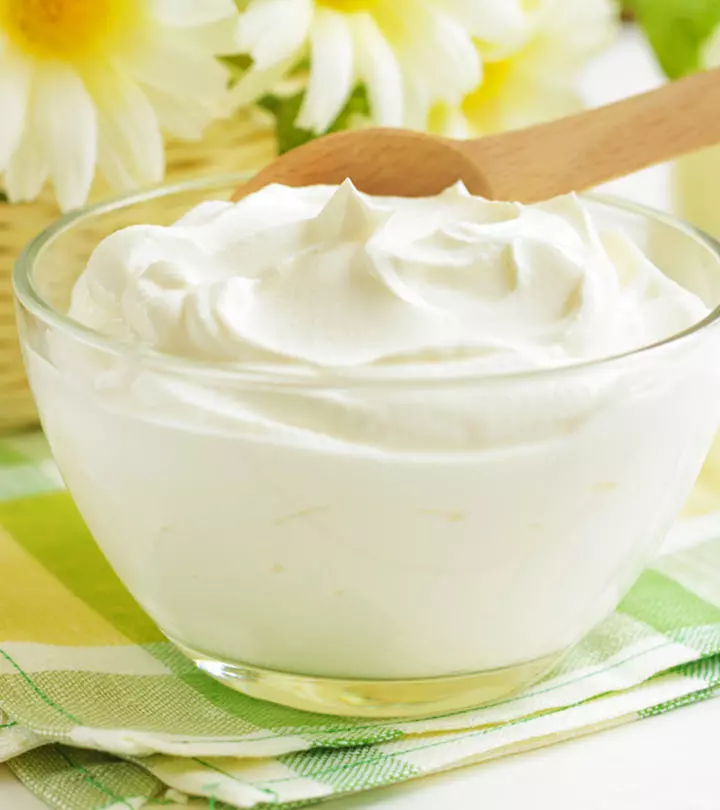
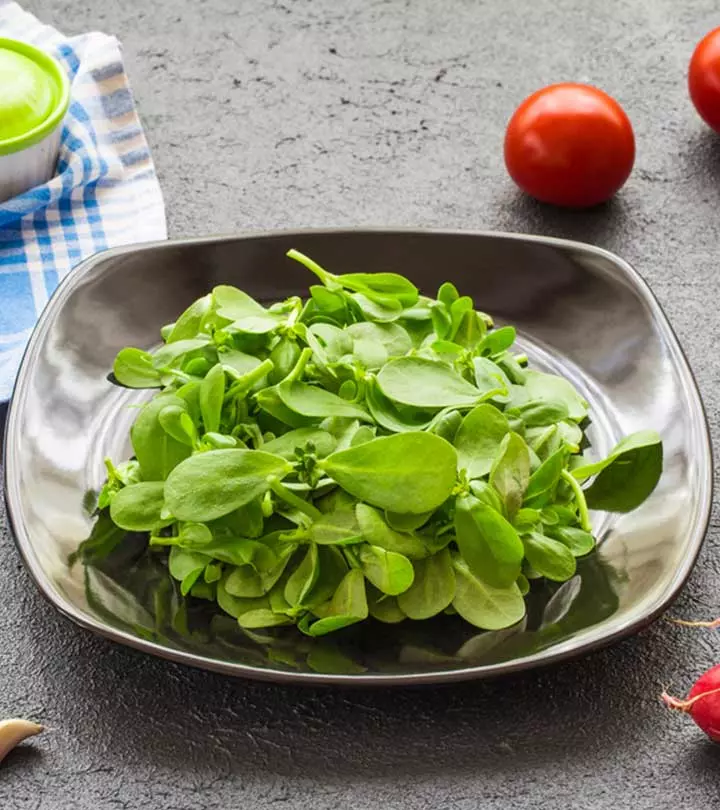
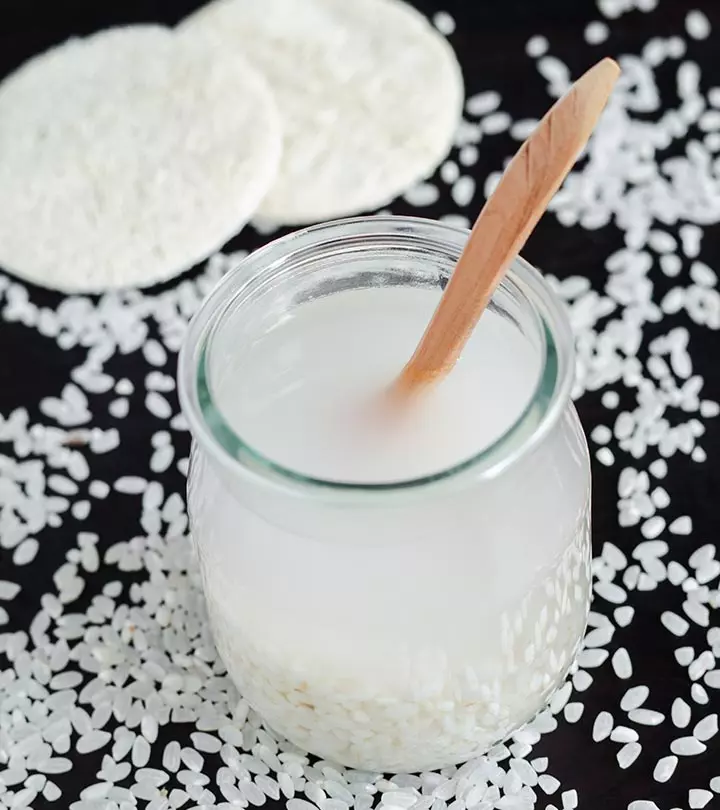
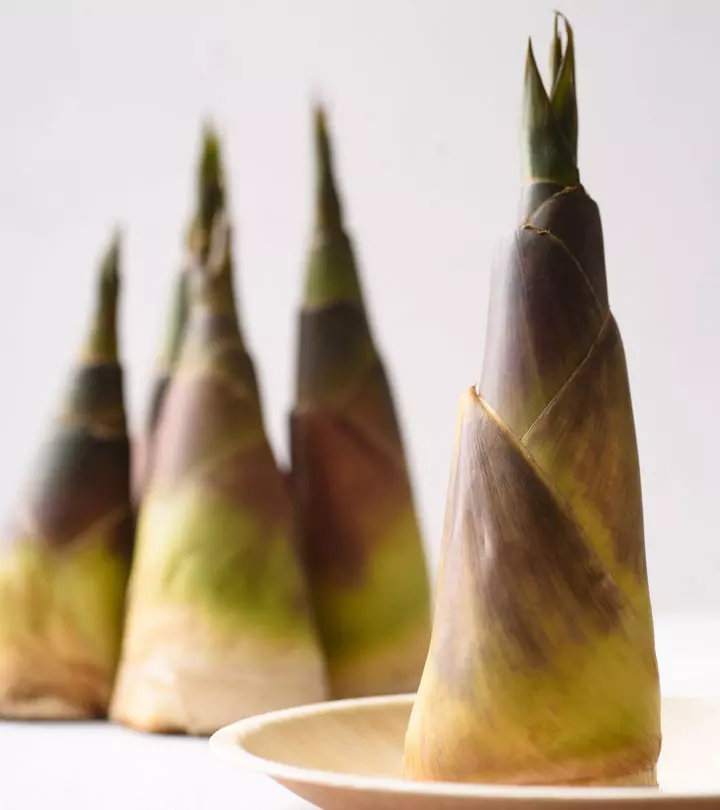
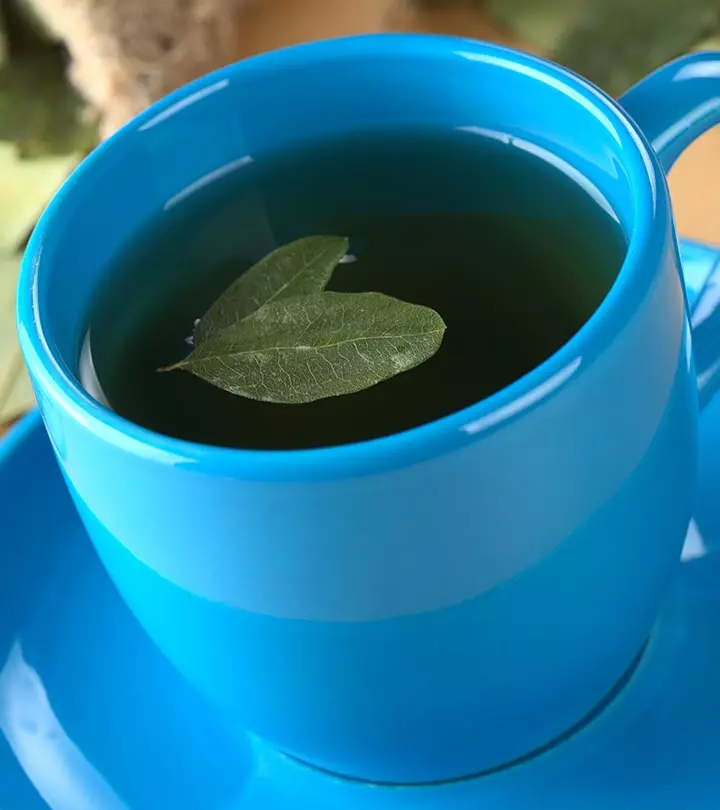
Community Experiences
Join the conversation and become a part of our empowering community! Share your stories, experiences, and insights to connect with other beauty, lifestyle, and health enthusiasts.